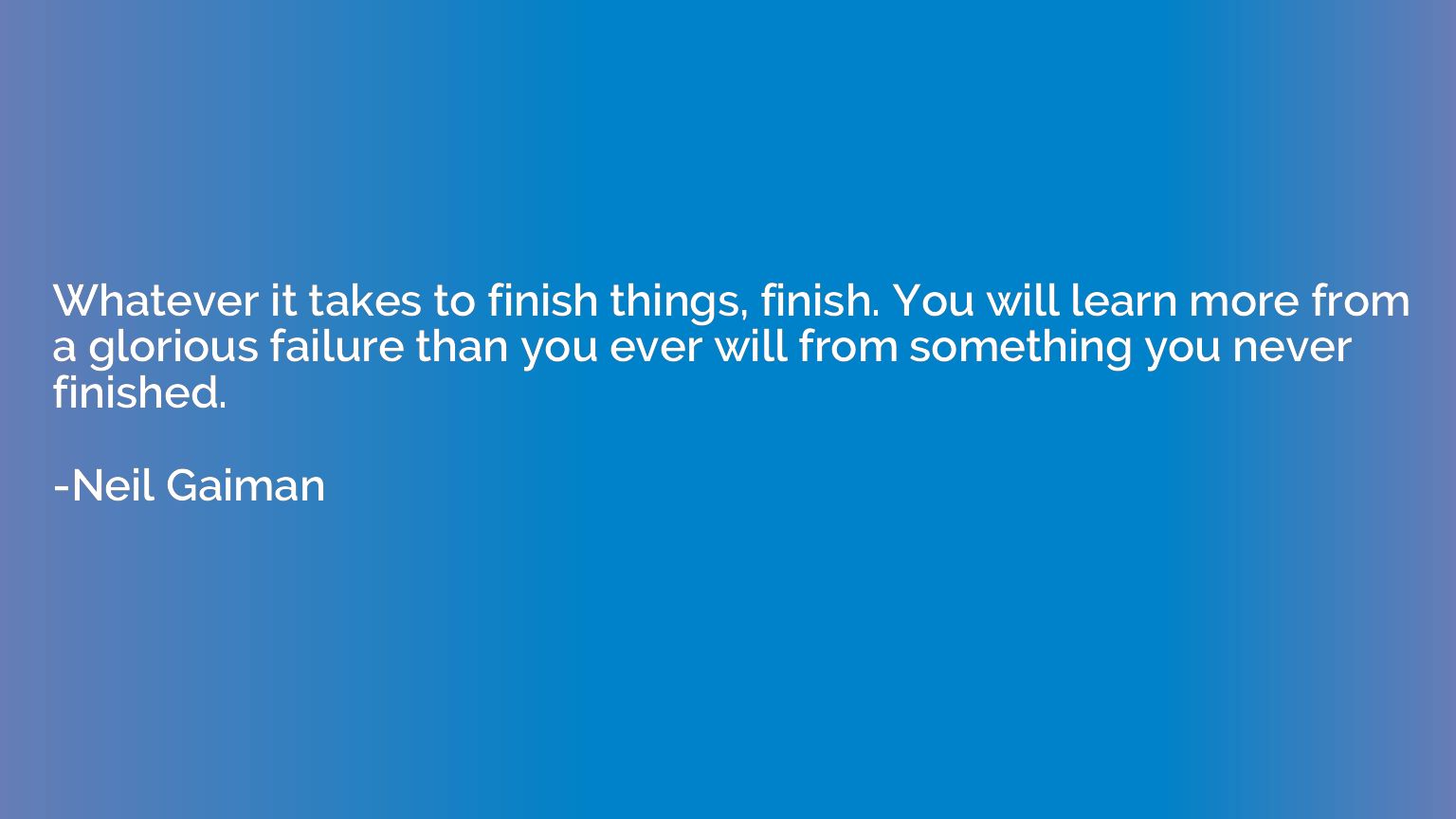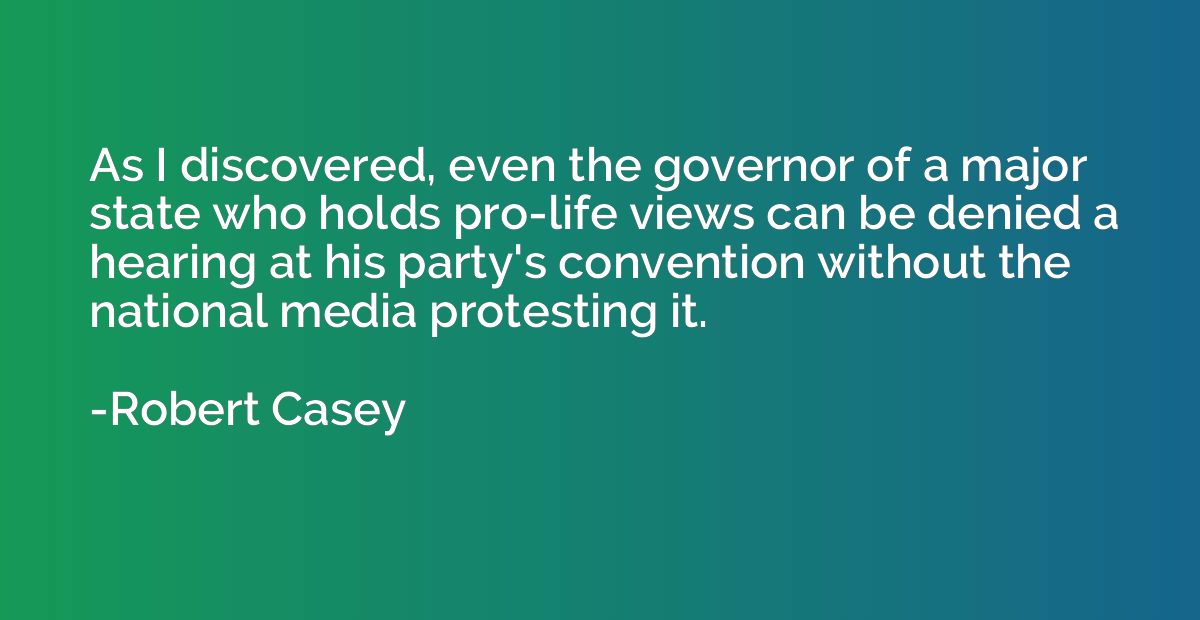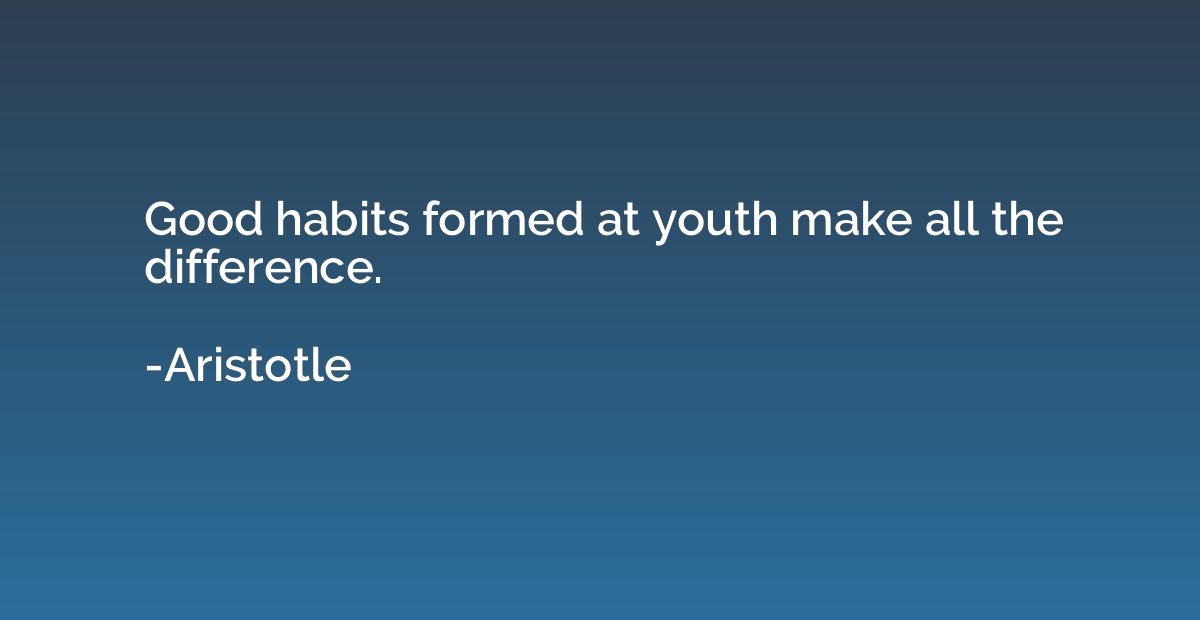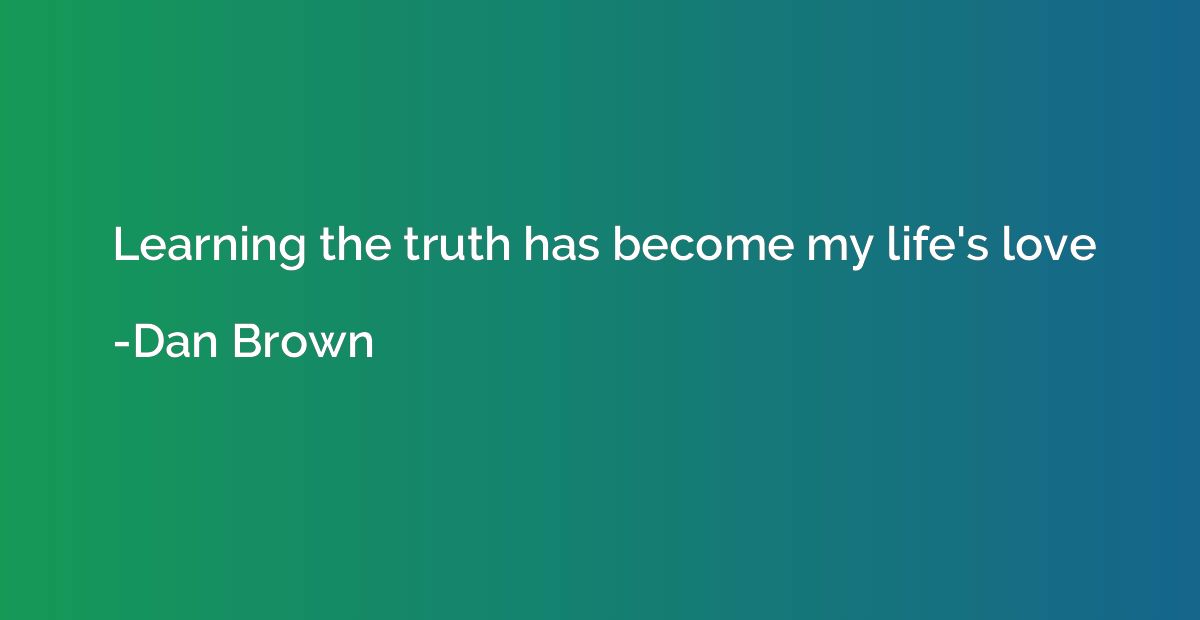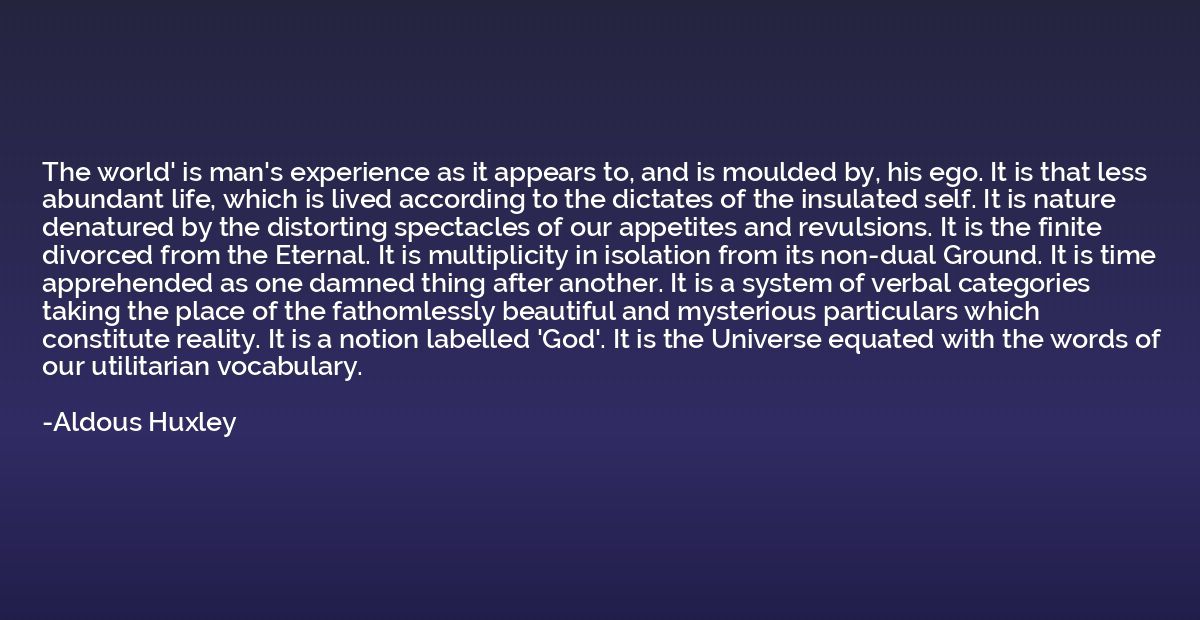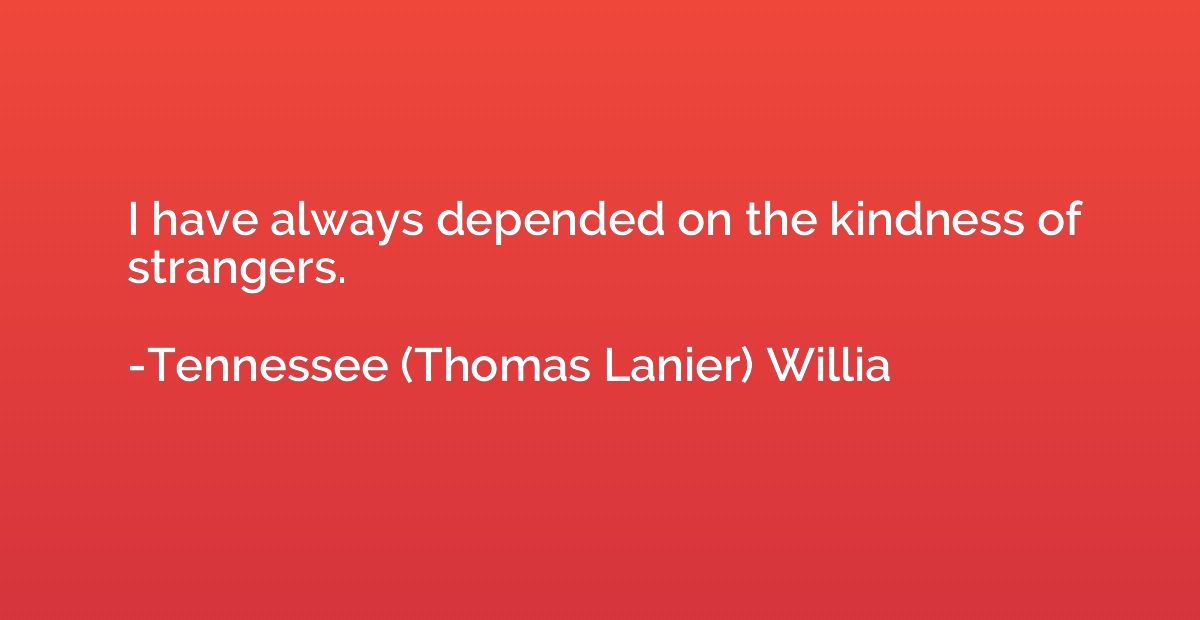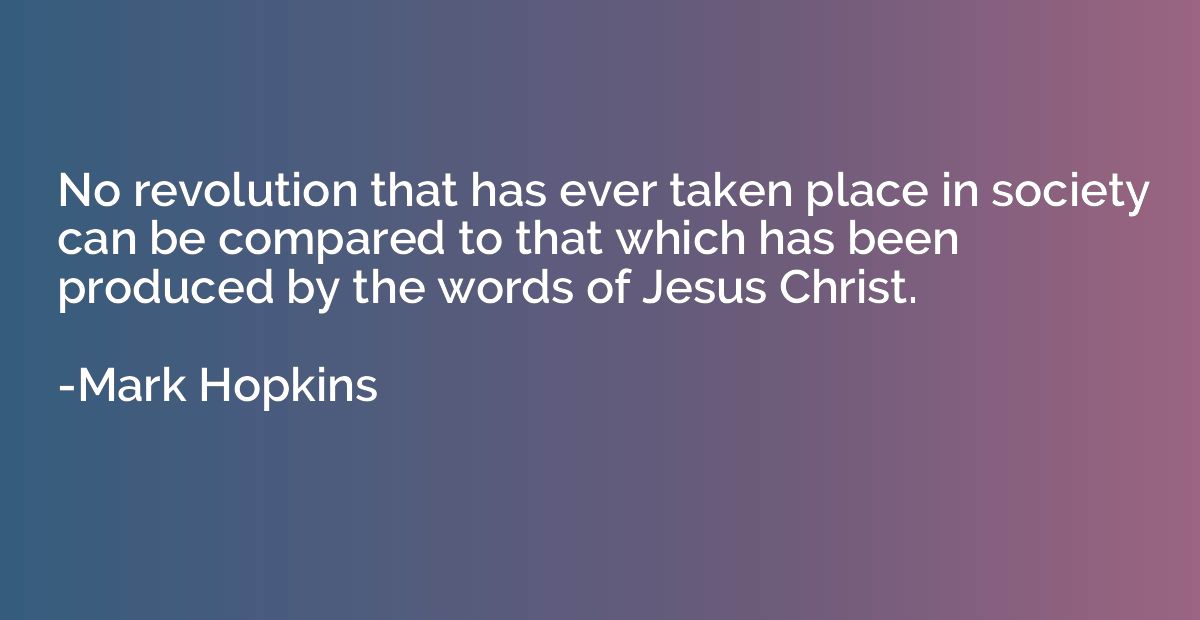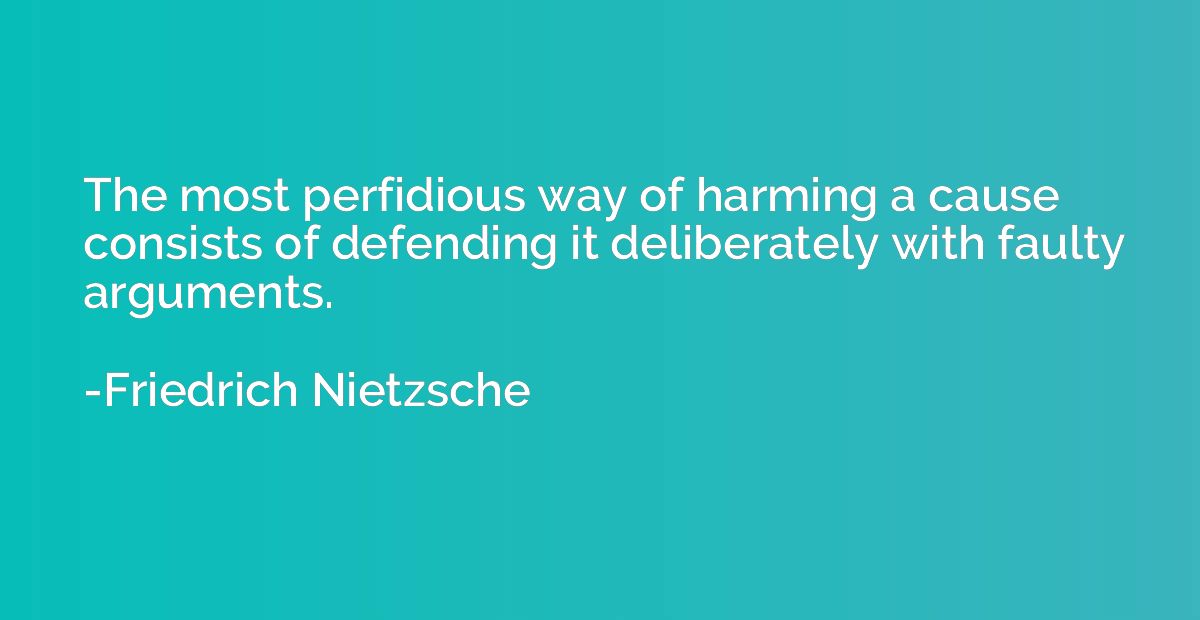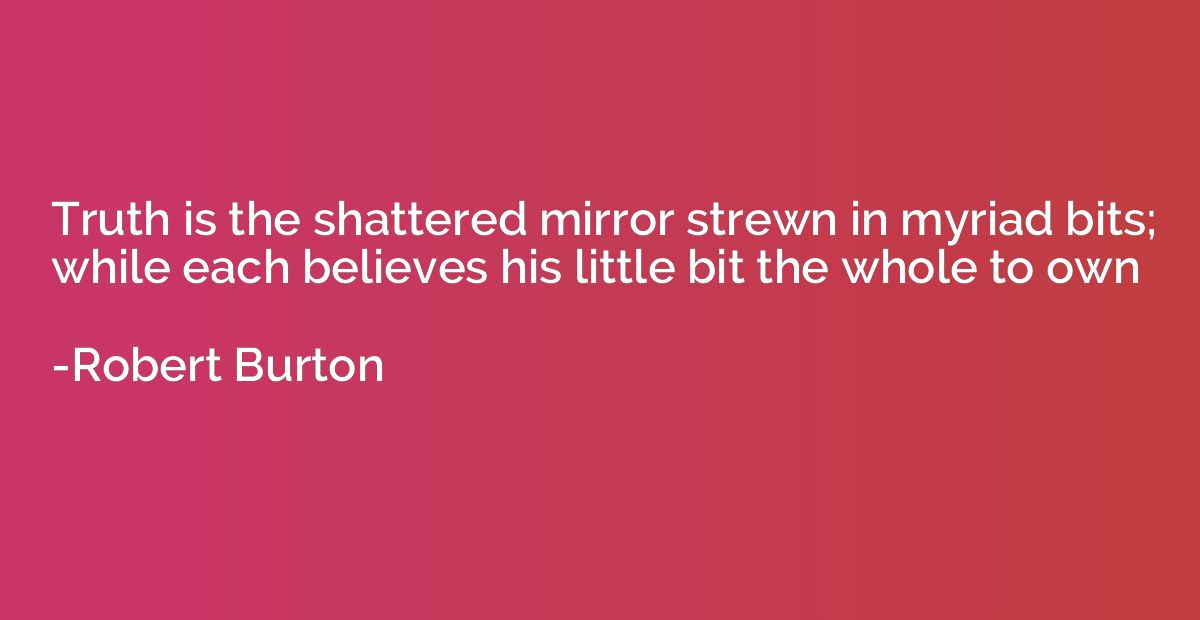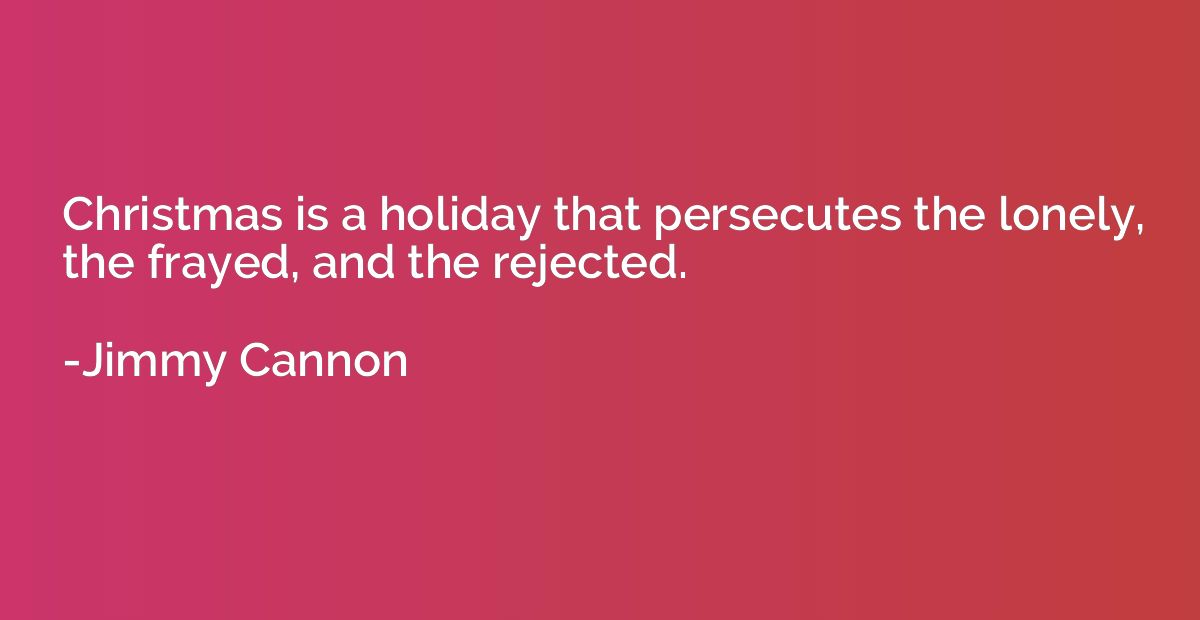Quote by Samuel Johnson
That man is little to be envied whose patriotism would not gain force upon the plain of Marathon, or whose piety would not grow warmer among the ruins of Iona.
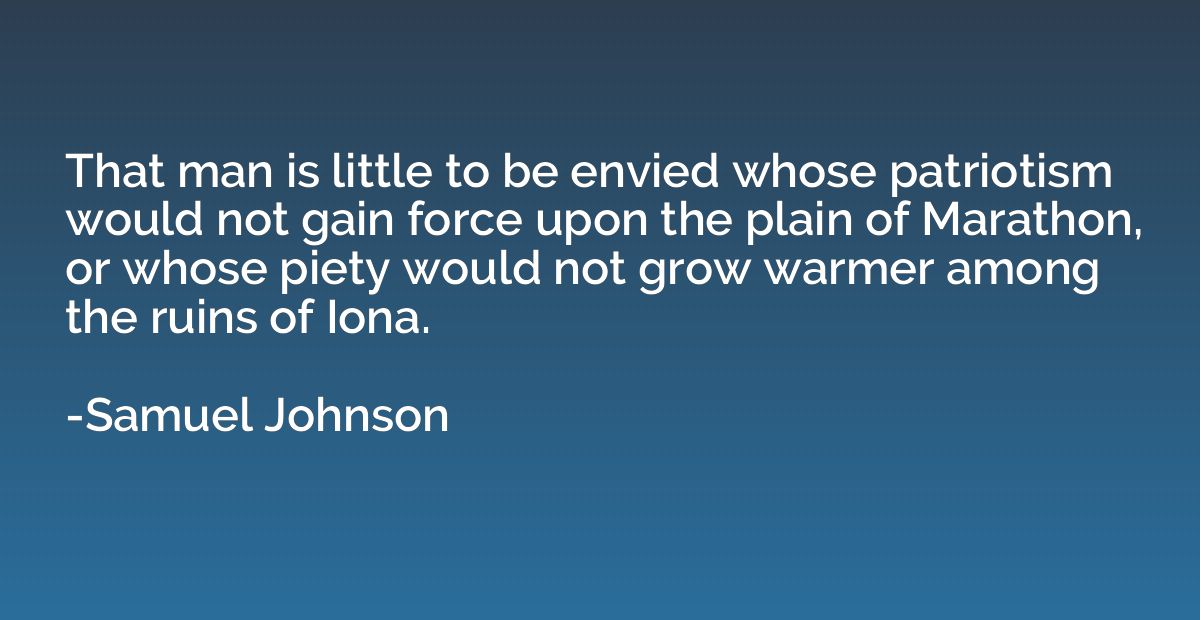
Summary
This quote suggests that experiencing certain historical or cultural sites can evoke strong emotions and deepen one's sense of patriotism or piety. The reference to the plain of Marathon, where a renowned battle took place in ancient Greece, implies that standing on the ground where significant events occurred can elevate one's appreciation for their country's history and the sacrifices made by predecessors. Similarly, mentioning the ruins of Iona, an important religious site in Scotland, emphasizes how being in such a place can evoke a deeper spiritual connection. These experiences are seen as essential for individuals who lack a strong sense of patriotism or piety.



